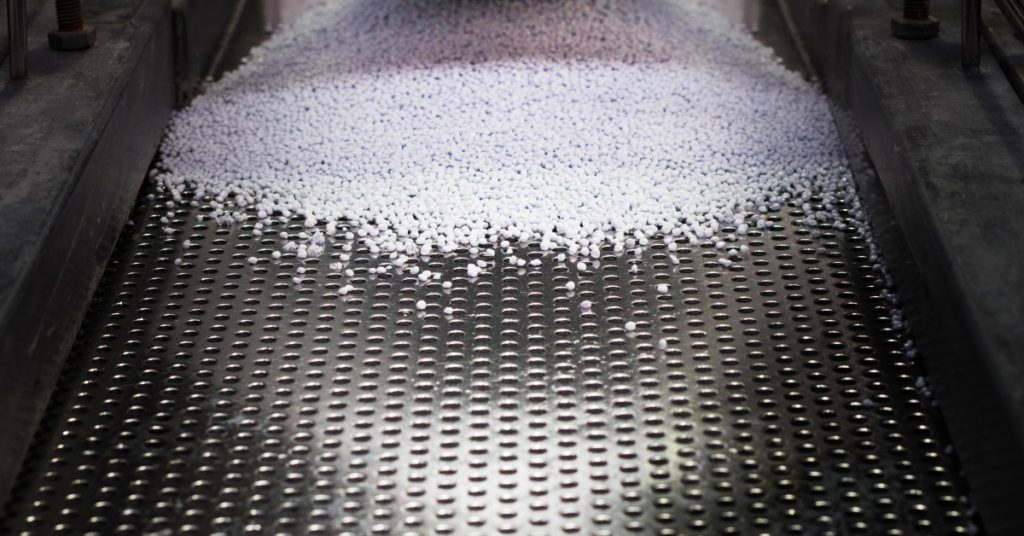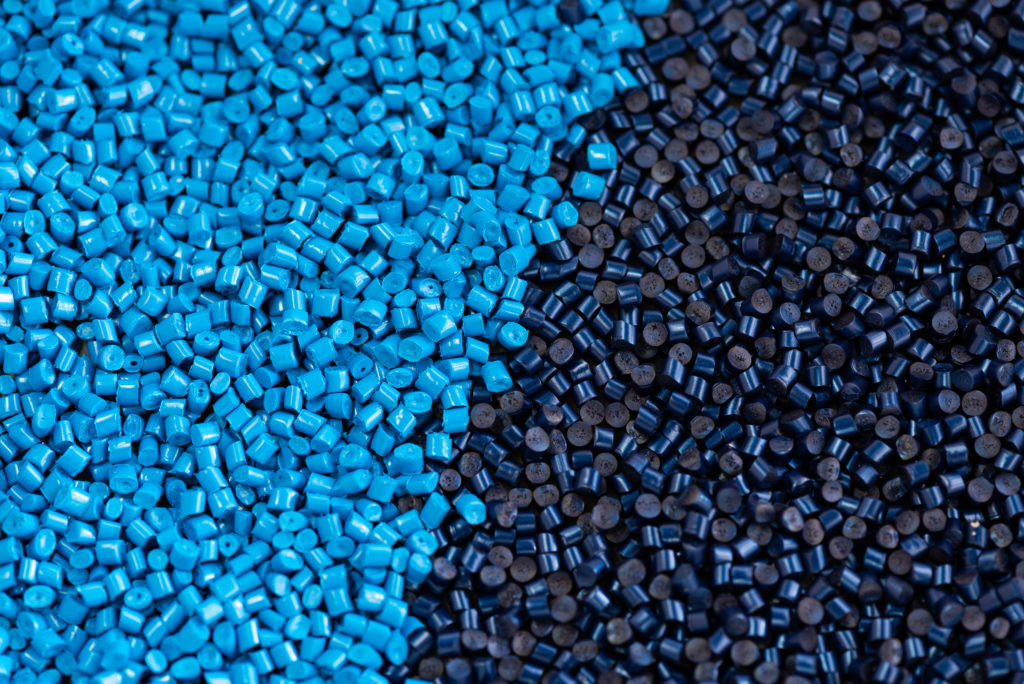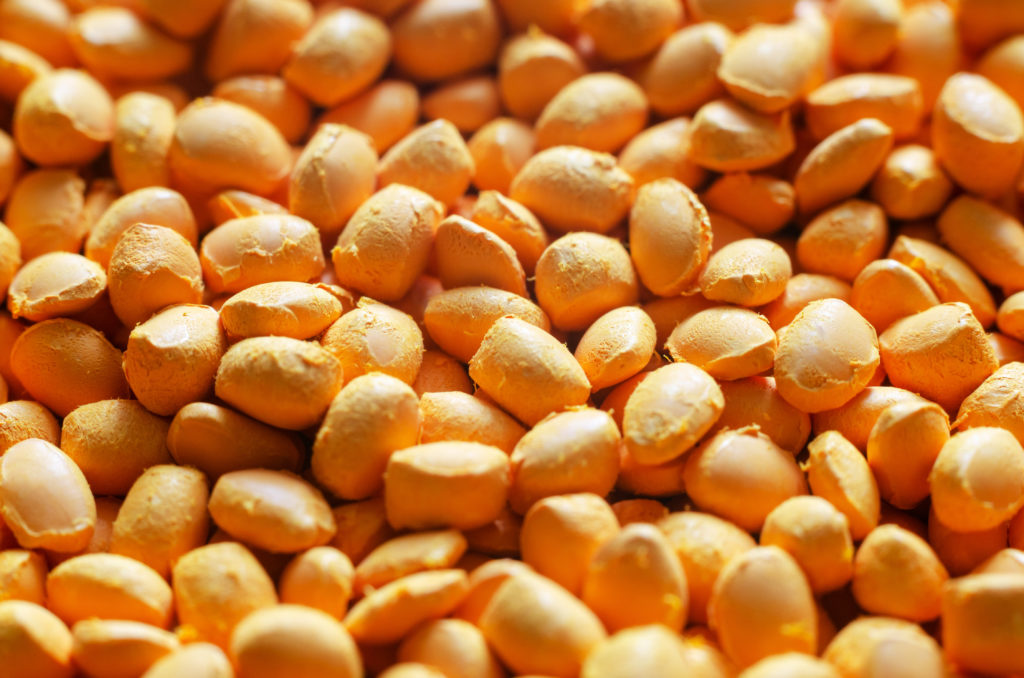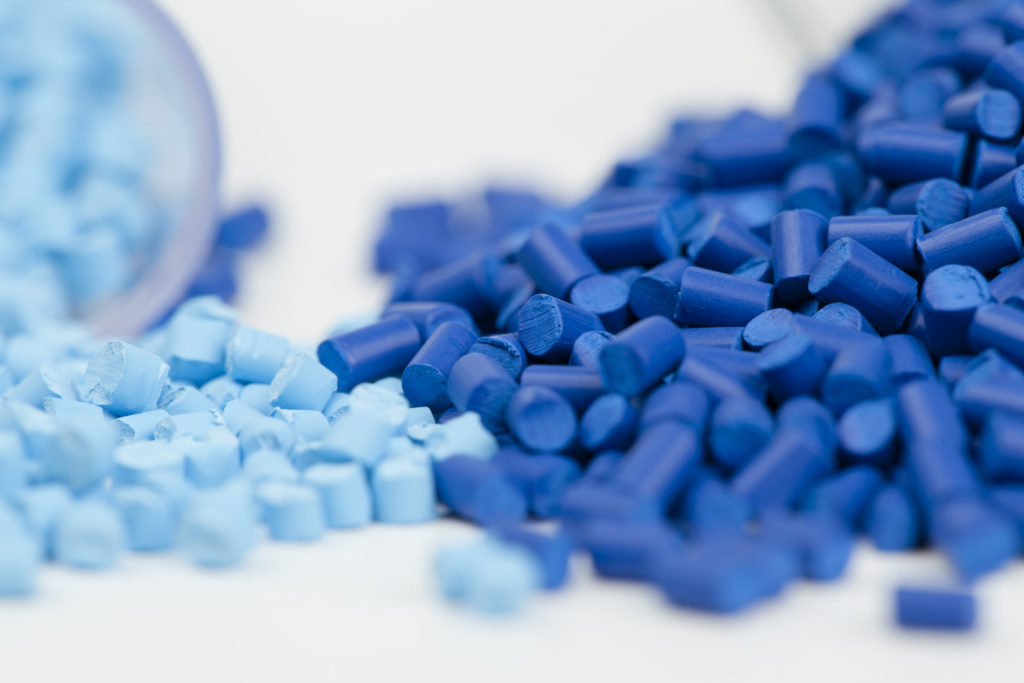The Importance of Flame Retardant Additives
If you are utilizing plastics, you are probably aware that there are many different types of additives that you can choose to operate in the manufacturing of your plastic. These additives serve various purposes, such as antimicrobial, chemical foaming agents, process aids, essential oils, and more. You may have even seen flame retardant additives. Flame retardant additives …










